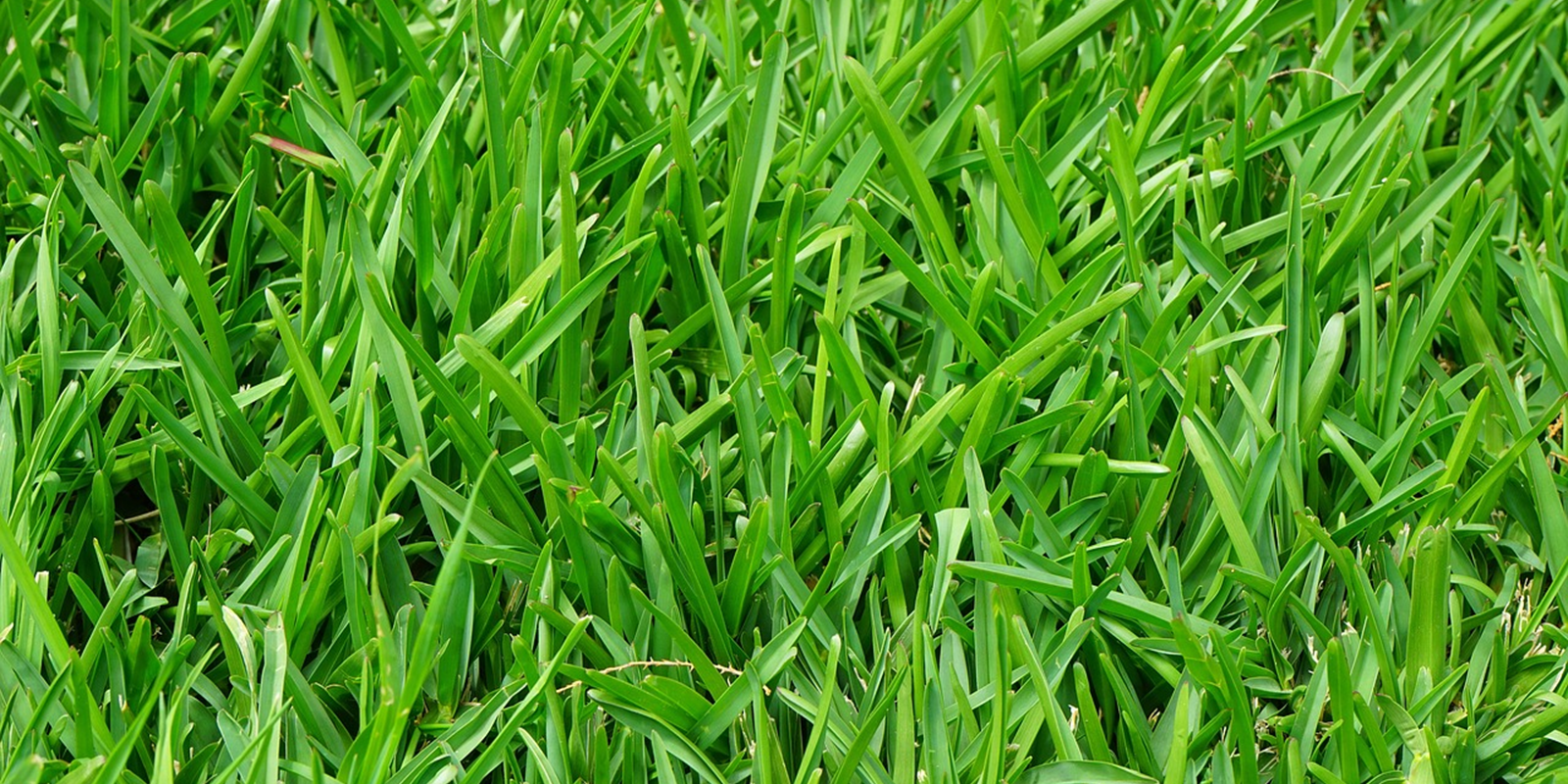You arrive for a routine visit… and suddenly, not a single plant or shrub remains.
After a few exchanges, you discover that a tenant sold the vegetation. Yes, the plants from your building—paid for, maintained, and used to beautify your property—have been sold… without your consent.
As surprising as this case may be, it raises a much broader question: How far can a tenant go in appropriating property that doesn’t belong to them?
Whether it’s plants, appliances, light fixtures, or even flooring, landlords are increasingly confronted with acts of theft or damage. And unfortunately, the legal remedies are lengthy, costly, and often frustrating when trying to recover their losses.
Burdensome Procedures for Unacceptable Acts
To recover their losses, a landlord must:
• Draft a formal notice
• Claim damages
• Open a case with the Administrative Housing Tribunal (TAL)
• Sometimes wait over a year for a hearing
• Obtain a judgment
• And finally attempt to enforce the judgment
All that—possibly for stolen shrubs!
What the APQ Proposes to Better Protect Landlords
To prevent such situations from recurring, the APQ recommends:
• Implementing a security deposit, as is done in several other provinces
• Recognizing theft as a criminal offense within the rental framework
• Accelerated TAL hearings for serious cases, especially when the tenant is still occupying the unit
It’s Time to Act
This is not a humorous anecdote. It’s a symptom of a system that fails to adequately protect property owners.
The APQ continues to advocate for rules that are more balanced, more effective, and more respectful of property rights.
Join now
Not already member of the APQ ?
Take advantage of all our services by joining now

